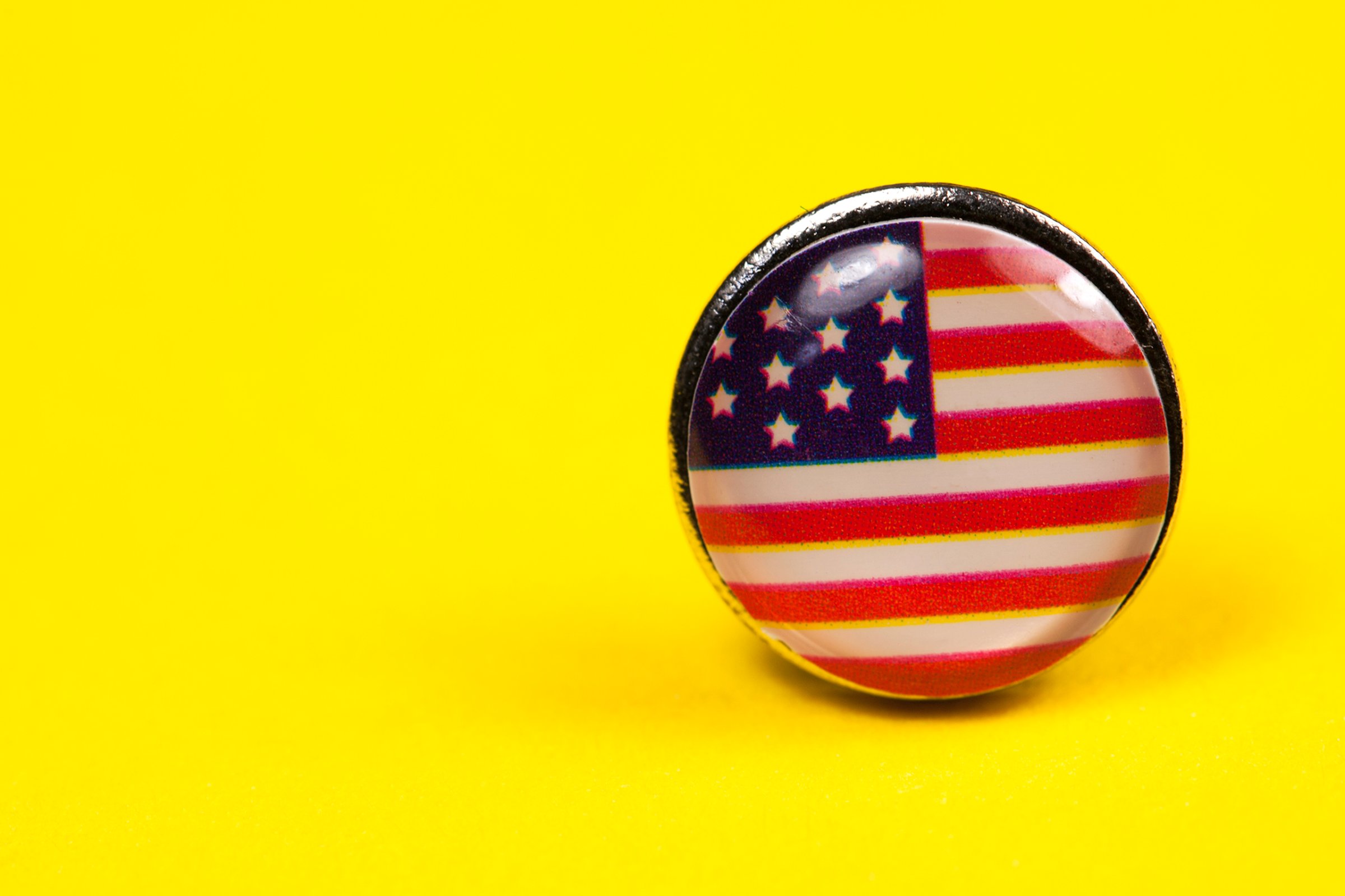
By many accounts, Americans are living in contentious times. Yet they report being happier in 2017 than they were in 2016, according the 2017 Harris Poll Survey of American Happiness, shared exclusively with TIME.
That’s not to say that Americans are especially happy overall; only 33% of Americans surveyed said they were happy. In 2016, just 31% of Americans reported the same.
The Harris Poll, which has been conducting a happiness survey for the last nine years, surveyed 2,202 Americans ages 18 and older in May 2017. The survey was not designed to measure why Americans are or are not happy, but John Gerzema, CEO of the Harris Poll, has some ideas.
“It’s really interesting that Americans’ overall happiness went up from last year—a year of alt-facts, mean tweets and robots coming for our jobs,” Gerzema says. “Either people are becoming immune to the news, or there’s a promise of change for so many Americans that felt alienated.”
The people who reported being the happiest were men and women in high-income households and those with a high school diploma or less. Republicans and Democrats experienced similar increases in happiness levels (but Republicans tend to report higher happiness levels overall, Gerzema says).
Overall, men reported a greater increase in happiness levels compared to women, though they were more likely to say they were frustrated at work. Millennials were the most likely to say they were optimistic about their future: 79% said they were. However, 77% said they worried about finances, and slightly more than half said they were frustrated with their career. Despite the back and forth over health care changes, 53% of Americans surveyed said they rarely worry about their health, up from 48% in 2016.
Some of the biggest changes were in how people felt about their spiritual lives. In the survey, 71% of Americans said their spiritual beliefs were a positive guiding force to them, compared to 66% in 2016. Americans also say they feel close to their relatives; 86% said they have positive relationships with their family members. “One hypothesis is that we are trying to control what we can,” says Gerzema. “Maybe we are turning off cable news and turning back into our families and communities and faith.”
MORE: Being Generous Really Does Make You Happier
Americans have never been the happiest bunch, Gerzema says. In the nine-year history of the happiness poll, the highest happiness index was 35% in 2008 and 2009.
Distraction and a lack of control may be part of the reason why only about a third of Americans say they are happy, Gerzema says. Close to 40% of Americans said in 2017 that they rarely engage in hobbies and pastimes they enjoy, and 75% said that “my voice is not heard in national decisions that affect me.”
“To me, it feels like a cultural lack of presence,” says Gerzema. “We are so caught up in our texting, multitasking, jobs and commutes that we seem to have less and less free time. Older people age 65+ are the happiest.”
Despite the happiness gap, the majority of Americans remain hopeful, and 72% say they feel optimistic about the future. “We are not that happy, but perhaps that’s ok,” says Gerzema. “Optimism, but not necessarily happiness, seems to be part of the American psyche. Perhaps we wear it like a coat of arms.”
More Must-Reads From TIME
- The 100 Most Influential People of 2024
- Coco Gauff Is Playing for Herself Now
- Scenes From Pro-Palestinian Encampments Across U.S. Universities
- 6 Compliments That Land Every Time
- If You're Dating Right Now , You're Brave: Column
- The AI That Could Heal a Divided Internet
- Fallout Is a Brilliant Model for the Future of Video Game Adaptations
- Want Weekly Recs on What to Watch, Read, and More? Sign Up for Worth Your Time
Contact us at letters@time.com